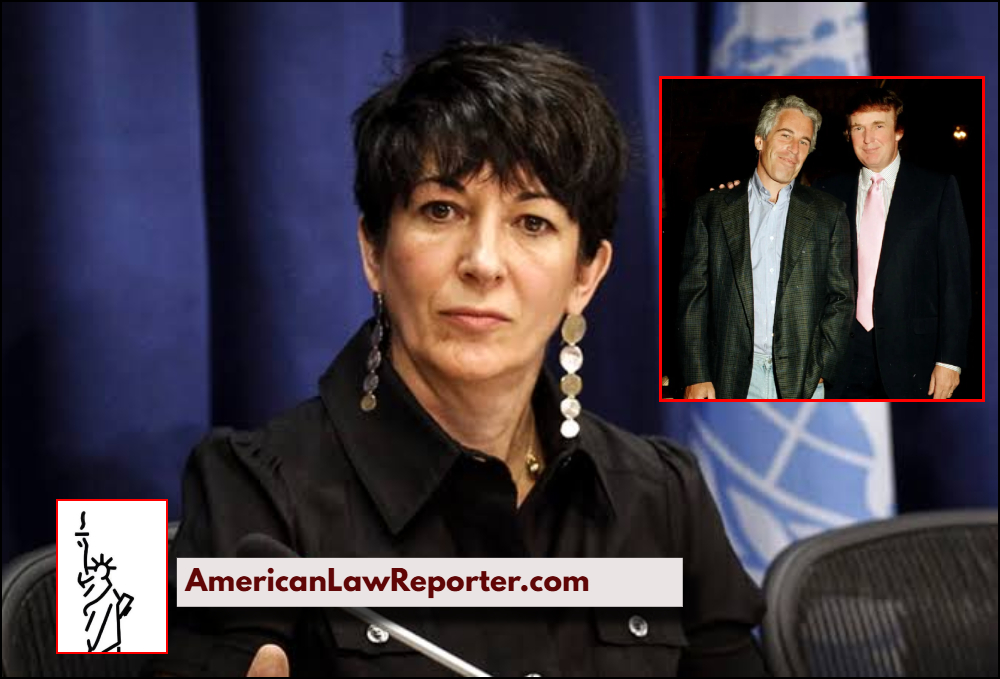Ghislaine Maxwell, the convicted sex trafficker linked to the late financier Jeffrey Epstein, has been quietly moved from a low-security federal prison in Tallahassee, Florida, to a minimum security camp in Bryan, Texas — a decision that’s raising eyebrows among legal experts and justice reform advocates.
Attorney Liz Oyer, a former U.S. Department of Justice pardon attorney, broke down the process in an Instagram post, explaining why this move is unusual — and potentially unprecedented.
According to Oyer, all federal inmates receive a “security classification” determining the type of facility where they serve their sentence.
For women, this ranges from high-security prisons with barred cells and limited movement, to low-security facilities with dormitory housing, to minimum security “camps” with far fewer restrictions.
The Bureau of Prisons (BOP) uses a detailed set of guidelines, over 100 pages long, to make these assignments. A key part of that system involves “public safety factors,” which flag behaviors requiring stricter security measures. One such factor is being a sex offender — which automatically disqualifies someone from being housed in a minimum security camp.
“Maxwell is a registered sex offender,” Oyer noted. “She was not eligible for a minimum security facility under normal rules.”
Initially assigned to a low-security prison in Tallahassee, Maxwell received a visit from Deputy Attorney General Todd Blanche before being transferred to Bryan, Texas. The only way this could have happened, Oyer explained, was for the BOP to waive her public safety factor — something she says is almost unheard of for sex offenders.
Two people could have approved the transfer: BOP Director William Marshall, handpicked by President Donald Trump after he fired the previous director on his first day in office, or Blanche himself.
For many following the case — particularly those concerned about systemic inequities in the U.S. criminal justice system — this move highlights the perception that privilege, wealth, and political connections can create a separate set of rules for the powerful.
Advocates for Black and brown communities, who often face harsher sentences and stricter confinement conditions, have pointed to Maxwell’s transfer as another example of a system where racial and class disparities run deep.
Whether the move was a result of political influence, a personal connection, or another factor remains unclear. But as Oyer put it, the circumstances “sure look like a quid pro quo.”

